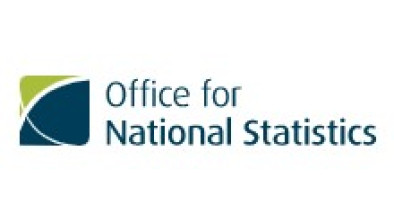EY: Modest GDP growth signals slow economy, not recession

Martin Beck
In the first quarter of 2023, the UK economy experienced a minor growth in output, maintaining the same rate as previously estimated.
The Office for National Statistics (ONS) confirmed a 0.1% increase in the gross domestic product (GDP) from the final quarter of the previous year, mirroring the growth seen between Q3 and Q4 of 2022.
Significant developments in the information, communication, administrative and support service sectors spurred this growth, each marking a 0.1% surge in the services sector. This progression was mirrored in the production sector.
The construction sector’s growth was corrected downward to 0.4% from an earlier estimate of 0.7%. Simultaneously, manufacturing saw a positive revision, with growth now established at 0.6% – a 0.1% increase from the initial figure.
A year-on-year examination revealed a 0.2% GDP growth in Q1 of 2023, corroborated by ONS, marking a decline from the 0.6% year-on-year expansion recorded in the Q4 of 2022.
Martin Beck, chief economic advisor to the EY ITEM Club, said: “The first cut of the income data for Q1 saw real household income fall 0.8% quarter-on-quarter, after growth of 1.3% in Q4 when consumers had started to receive universal energy support.
“With spending growth flat in Q1, this meant that the household saving ratio fell back to 8.7%. But given that the saving ratio averaged 7.2% in the decade prior to the pandemic, this suggests that the stock of ‘excess’ savings continues to grow.”
Mr Beck continued: “With universal energy help finished at the end of Q1, a support to spending power has been removed, so a further fall in real incomes looks likely, particularly when high inflation and rising debt servicing costs are factored in. But the outlook for household incomes enjoys some positives.
“Q2 should have seen a significant increase in benefit payments because of April’s large inflation uprating. And the EY ITEM Club’s expectation that inflation should still head down quickly in the second half of this year will reduce pressure from that source. But this faces off against a growing headwind from rising interest rates.”
He concluded: “On balance, Q3 should see growth pick up. But beyond that, although the expansion will be supported by a boost from the fading of last year’s energy price headwinds, this will be counterbalanced by pressure from higher interest rates. The EY ITEM Club thinks the net result will be a slow economy, but not a recession.”










